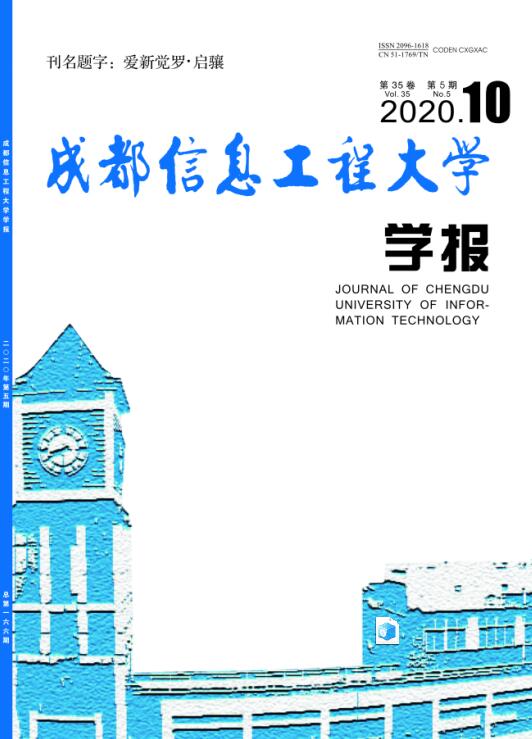LI Yicheng,DU Yuming,GU Jian.Research on Radar Target Location Method based on Improved Jacobi Algorithm[J].Journal of Chengdu University of Information Technology,2019,(06):578-581.[doi:10.16836/j.cnki.jcuit.2019.06.003]
基于改进Jacobi算法的组网雷达目标定位方法研究
- Title:
- Research on Radar Target Location Method based on Improved Jacobi Algorithm
- 文章编号:
- 2096-1618(2019)06-0578-04
- Keywords:
- netted radar; beat signal; target location tracking; Jacobi iteration
- 分类号:
- TN958.8
- 文献标志码:
- A
- 摘要:
- 在三维坐标内,存在四个固定的全向天线雷达站形成组网雷达并对一静止目标进行观测,利用经过发射与回波信号混频得到的差拍信号,经过FFT处理得到包含目标距离的状态信息,最后通过改进的Jacobi迭代算法来反解目标估计坐标,并与传统Jacobi迭代算法进行对比,分析了仿真结果,验证改进算法的优越性。
- Abstract:
- In the three-dimensional coordinates, there are four fixed omnidirectional antenna radar stations forming a networked radar and observing a stationary target. In this paper, the beat signal obtained by mixing the transmitted and echo signals is processed by FFT. The obtained state information including the target distance is finally solved by the improved Jacobi iterative algorithm mentioned in this paper, and compared with the traditional Jacobi iterative algorithm. The simulation results are analyzed and the superiority of the improved algorithm is verified.
参考文献/References:
[1] 李宝泽,刘进忙,刘睿渊.基于二维雷达组网目标高度定位算法[J].火力与指挥控制,2010,35(1):94-95.
[2] 付炎松.24 GHz汽车防撞雷达设计及实现[D].成都:电子科技大学,2018.
[3] 周俊宇.仅用距离多普勒观测的多传感器多目标跟踪方法研究[D].哈尔滨:哈尔滨工业大学,2013.
[4] 魏晓会,谢锡海.一种基于二分法和SDFT的FMCW雷达高精度测距方法[J].现代电子技术,2018,41(7):8-11.
[5] 黄小平,王岩,缪鹏程.目标定位跟踪原理及应用——MATLAB仿真[M].北京:电子工业出版社,2018.
[6] 施岩龙,郝欣,马艳琴.一种提高组网雷达目标定位精度的算法[J].中国电子科学研究院学报,2009,4(5):523-527.
[7] Deming R,Schindler J,Perlovsky L.Multi-Target/Multi-Sensor Tracking using Only Range and Doppler Measurements[J].IEEE Transactions on Aerospace and Electronic Systems,2009,45(2):593-611.
[8] 雍龙泉.线性方程组的4种迭代方法[J].陕西理工学院学报(自然科学版),2016,32(5):80-84.
[9] 徐仲,张凯院,陆金等.矩阵论简明教程[M].北京:科学出版社,2004.
[10] 胡志成.Jacobi与Gauss-Seidel迭代的比较及算法的MATLAB实现[J].高师理科学刊,2018,38(3):59-61.
[11] 潘轶,岳建平,刘斌.病态矩阵参数估计的改进主元加权迭代算法[J].地理空间信息,2016,14(8):64-66.
备注/Memo
收稿日期:2019-06-24基金项目:教育部创新团队重点资助项目(14TD0019)
